Only a fifth of the population of Tatarstan has higher education
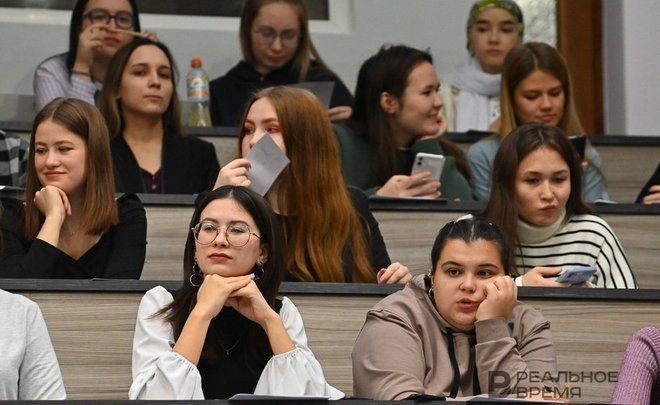
Only 20,8% of Tatarstan residents have a diploma of higher education, it follows from the data of the All-Russian Population Census conducted in 2021. There are more people who have received secondary vocational education in the republic — this is almost every third Tatarstan citizen. Read the details in the material of Realnoe Vremya.
Less than a million Tatarstan citizens have a diploma of higher education
The presence of higher education in the census lists was indicated by 833,742 residents of Tatarstan with a population of slightly more than 4 million. At the same time, only 3,49 million people aged 6 years and older filled out the column.
The vast majority of Tatarstan citizens have received a diploma of higher education, having studied for five years in specialty programmes. This is 569,156 people, or 68,3% of all graduates.
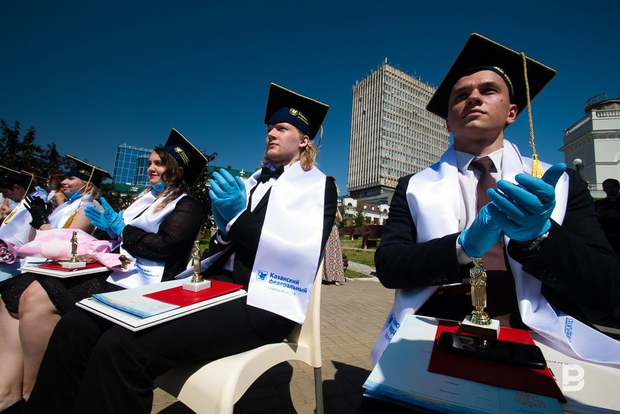
There are 208,823 residents with a bachelor's degree in Tatarstan, and 55,763 with a master's degree. Another 63,867 Tatarstan residents indicated that they have incomplete higher education, which is 1,6% of the region's population.
The largest share of Tatarstan residents with higher education fell on the age category from 30 to 34 years — 17,6%, or 147,041 people. They are followed by Tatarstan citizens aged 35-39 years — 139,884 people, and residents of the republic 40-44 years — 101,910 people.
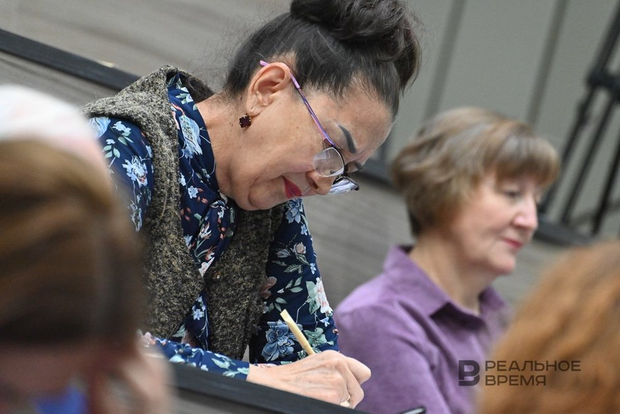
In other age categories, the number of people with a university diploma is less than 100 thousand. The least of them are among those who are 65-69 years old — 34,048 people.
There are one and a half times more women with higher education in Tatarstan than men: 501,941 and 331,801, respectively. At the same time, both categories are dominated by students of specialty programmes.
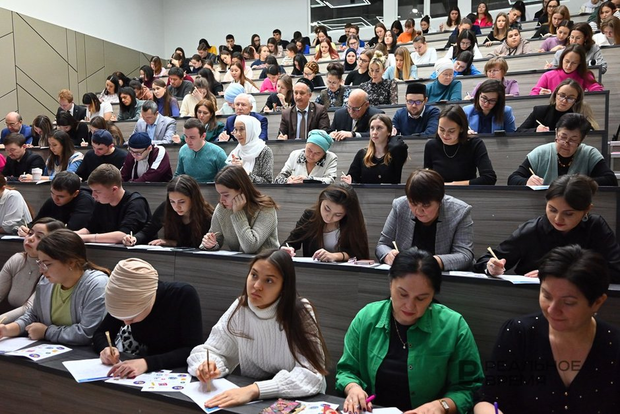
One third of the population of Tatarstan have secondary vocational education
There are one and a half times more residents with secondary vocational education in Tatarstan than those with a university diploma — 1,28 million people. This is 32% of the population of the republic.
Most of them — 877,826 Tatarstan citizens — are mid-level specialists. The remaining 402,356 people indicated that they belong to skilled workers, employees.
As in cases with higher education, there are more women with a college diploma in Tatarstan than men. However, the difference is not that big. According to the census, there are 652,814 women with secondary vocational education in Tatarstan, and 627,341 men.
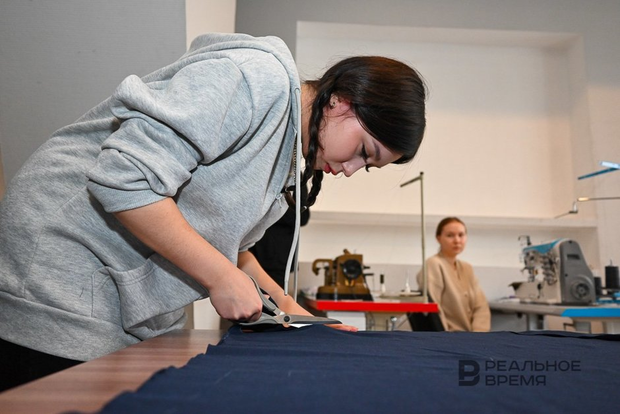
The largest share of Tatarstan citizens with secondary vocational education is concentrated in the age category from 60 to 64 years — this is 150,391 people, or 11,7% of all residents with a college diploma. They are followed by people aged 55-59 years — 141,942 people.
The smallest proportion of Tatarstan residents with secondary vocational education is in the age category of 15-17 years. Four teenagers announced the existence of a diploma of a secondary specialised college. There are 13,173 among 18-19-year-olds, and 70,754 among 20-24-year-olds.
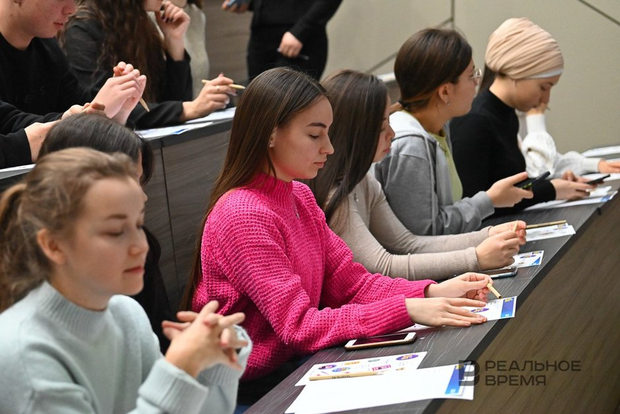
At the end of 2022, there were 54,447 students in 65 vocational education institutions subordinate to the Ministry of Education and Science of Tatarstan. According to the auditor of the Accounting Chamber of the republic, Sergey Kolodnikov, such number of students generally corresponds to the current needs of the region in training for the near future.
Despite this, there is a shortage of students in Tatarstan colleges, and every year it gets more and more. For example, if in 2019 some colleges did not fulfill the plan for admission control figures by 29%, then in 2020 — by 33%, and in 2021 — by 43%, that is, it was fulfilled a little more than half. At the same time, the total percentage of fulfillment of the indicator in the republic reaches 96%.
First Deputy Minister of Education and Science of Tatarstan Andrey Pominov drew attention to that partial non-fulfillment of admission quotas occurs primarily at the expense of agricultural colleges and technical schools. The problem is explained by the lack of demand for specialties in this area among young people and a low level of education of students. They referred to the poorly done work on career guidance among future applicants, and to the urbanisation of the population.